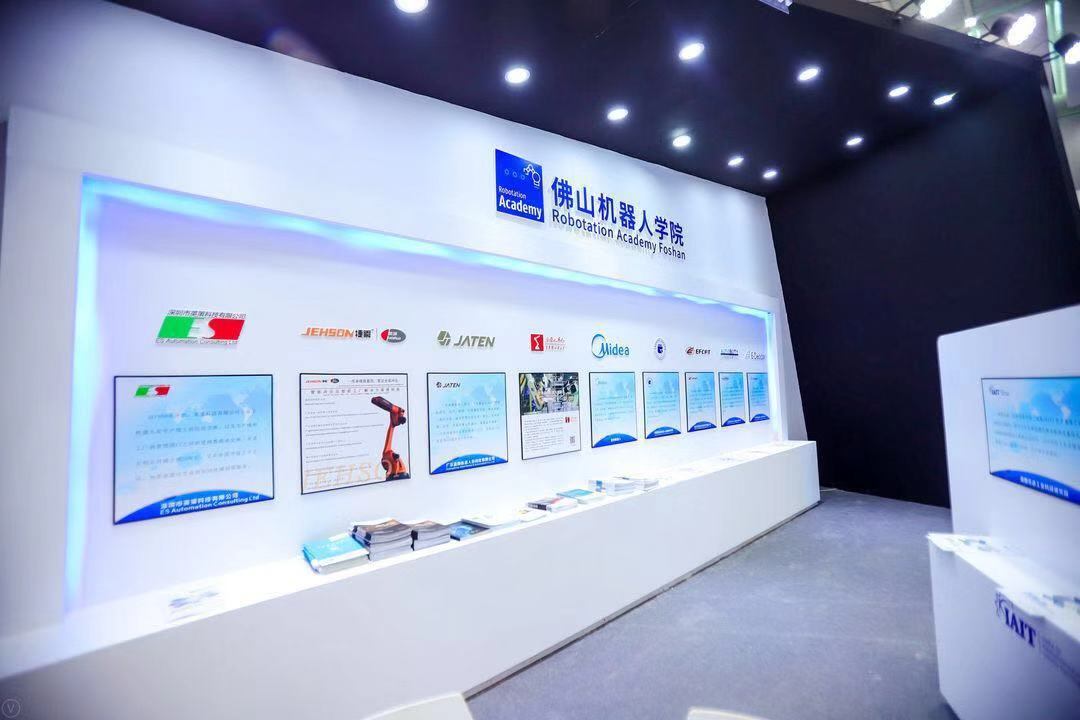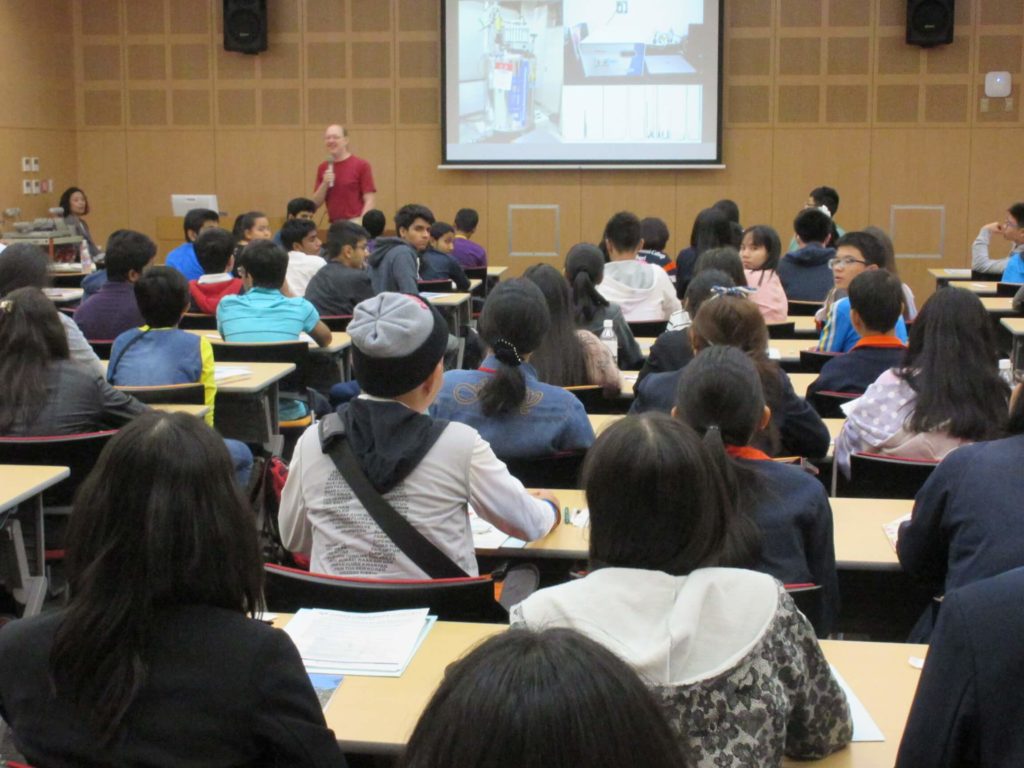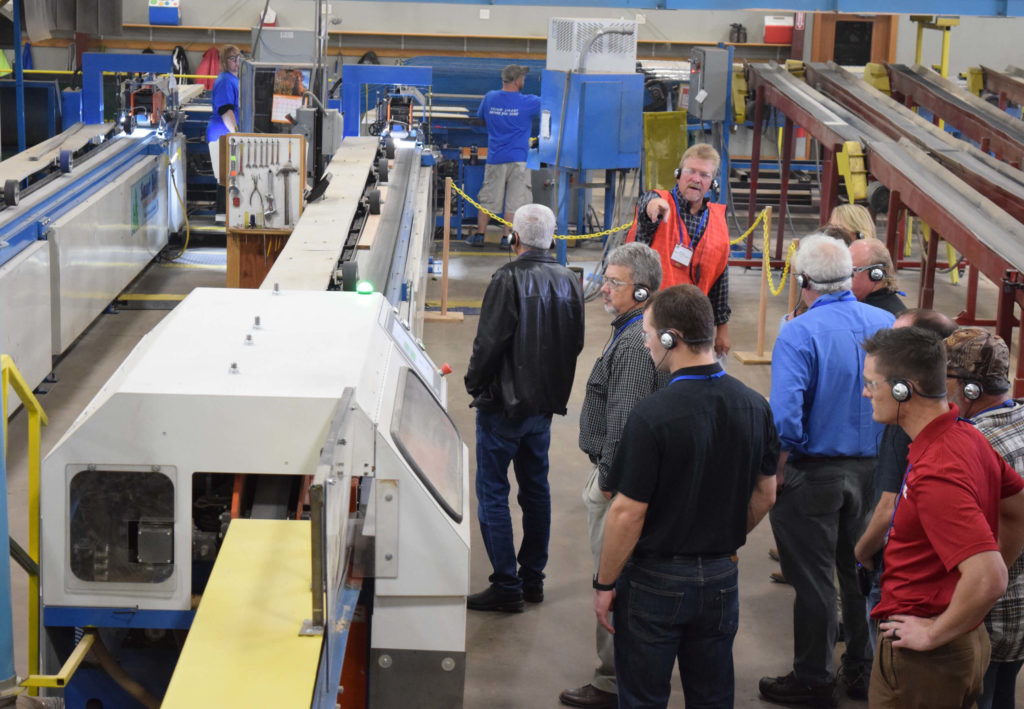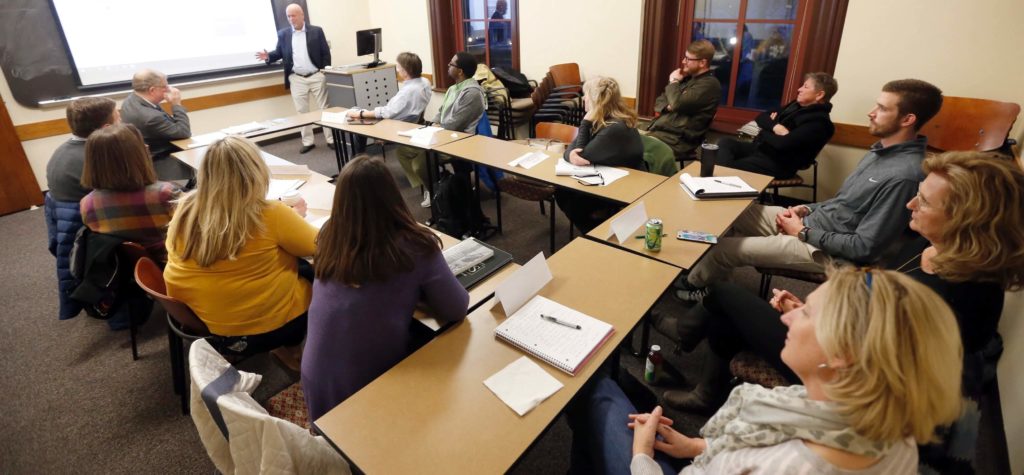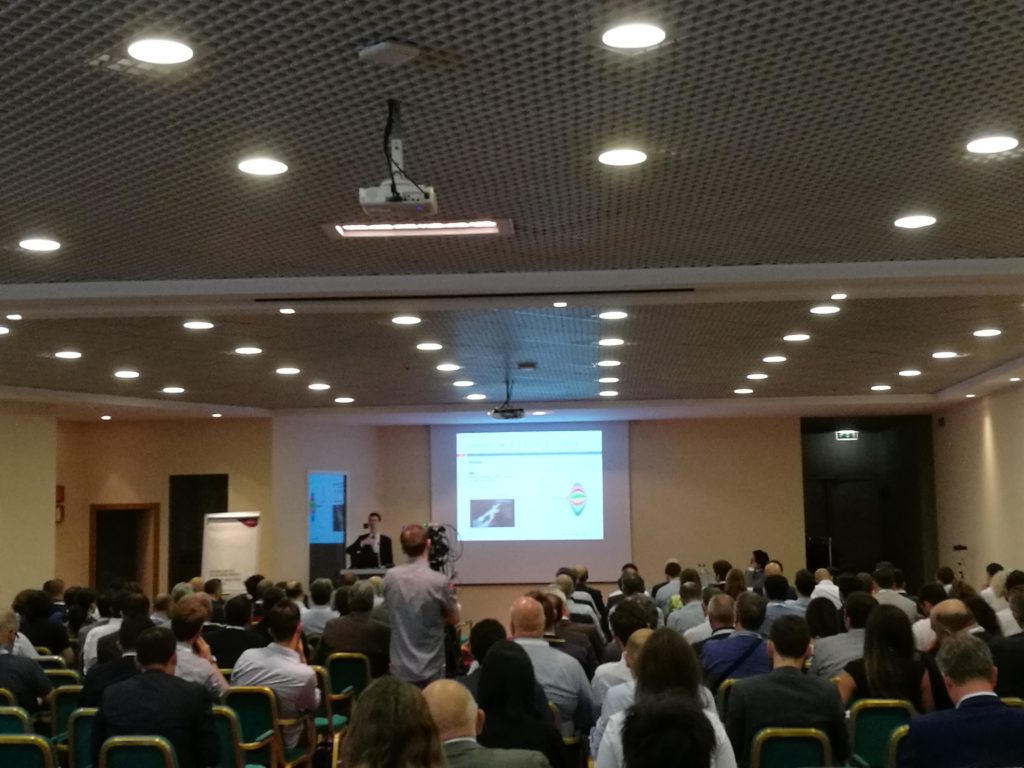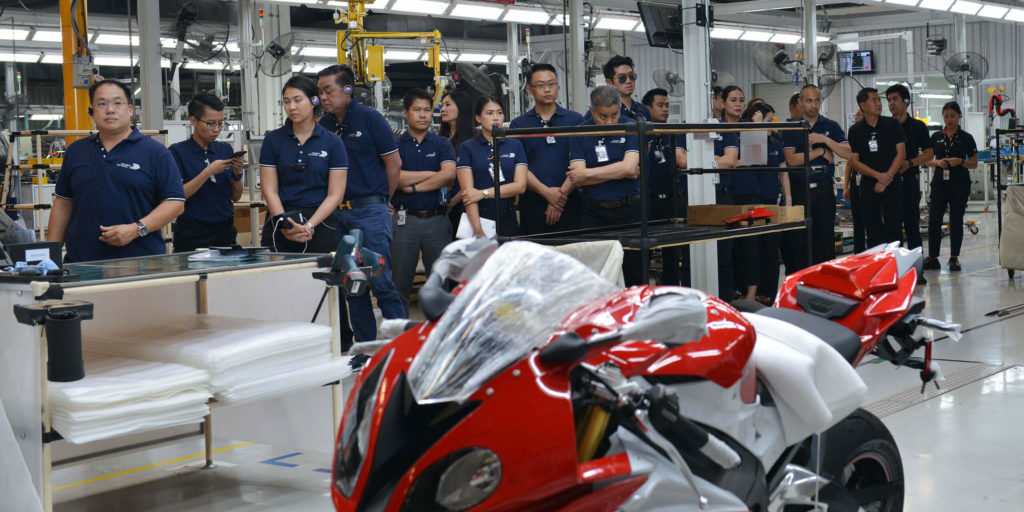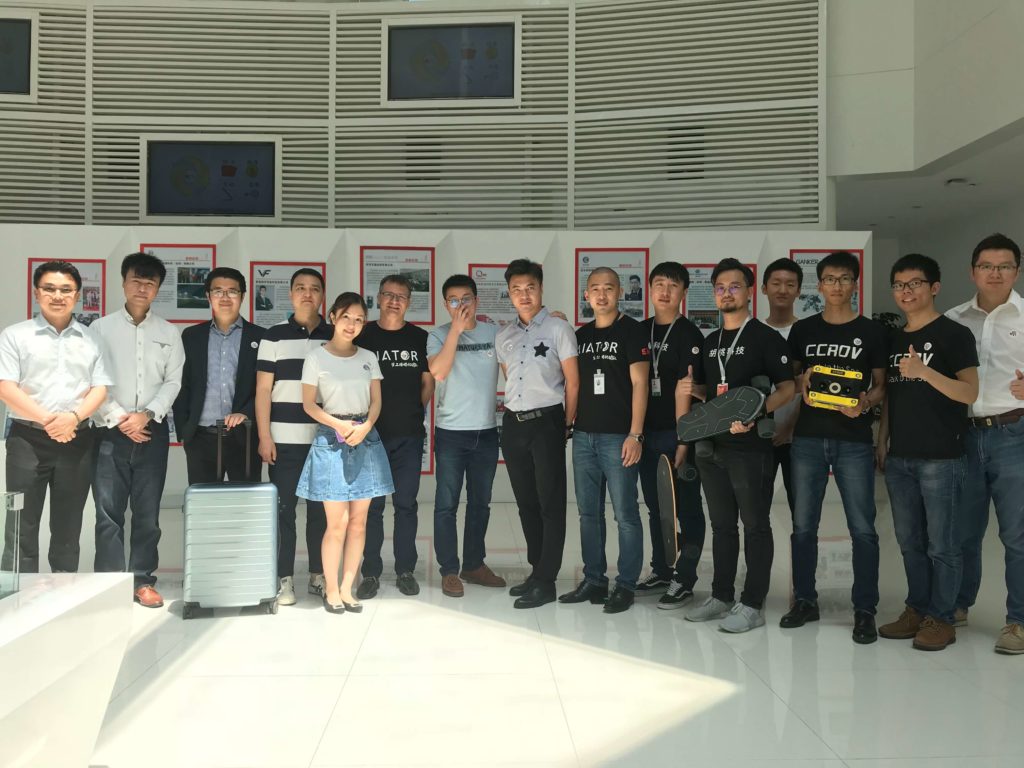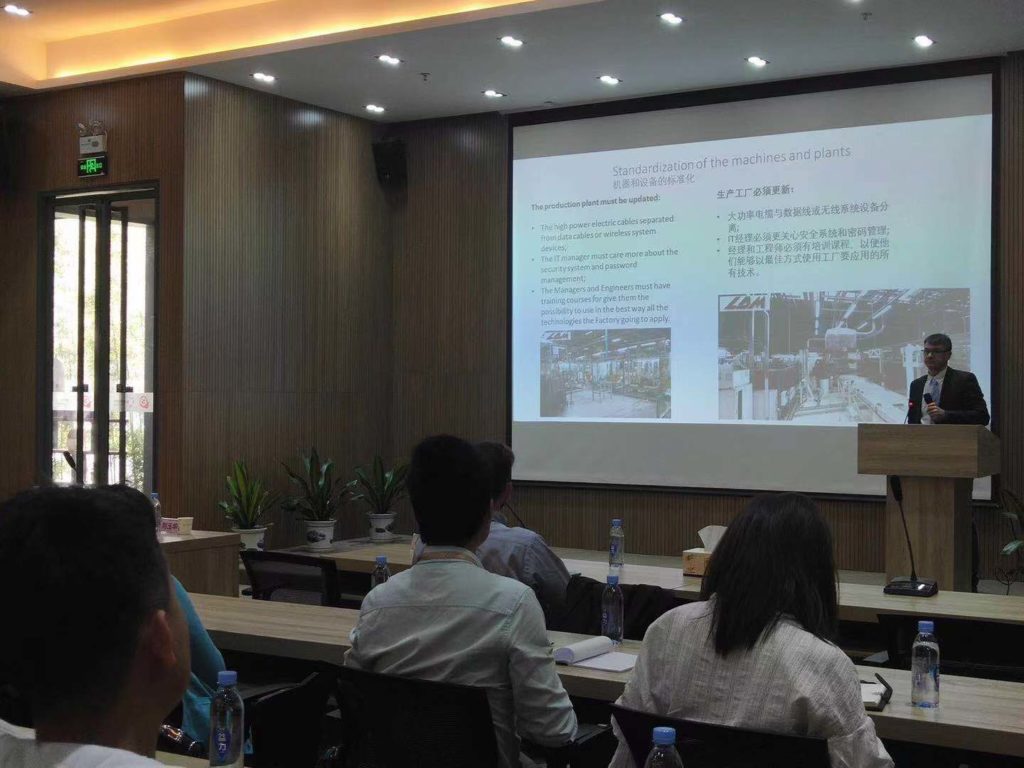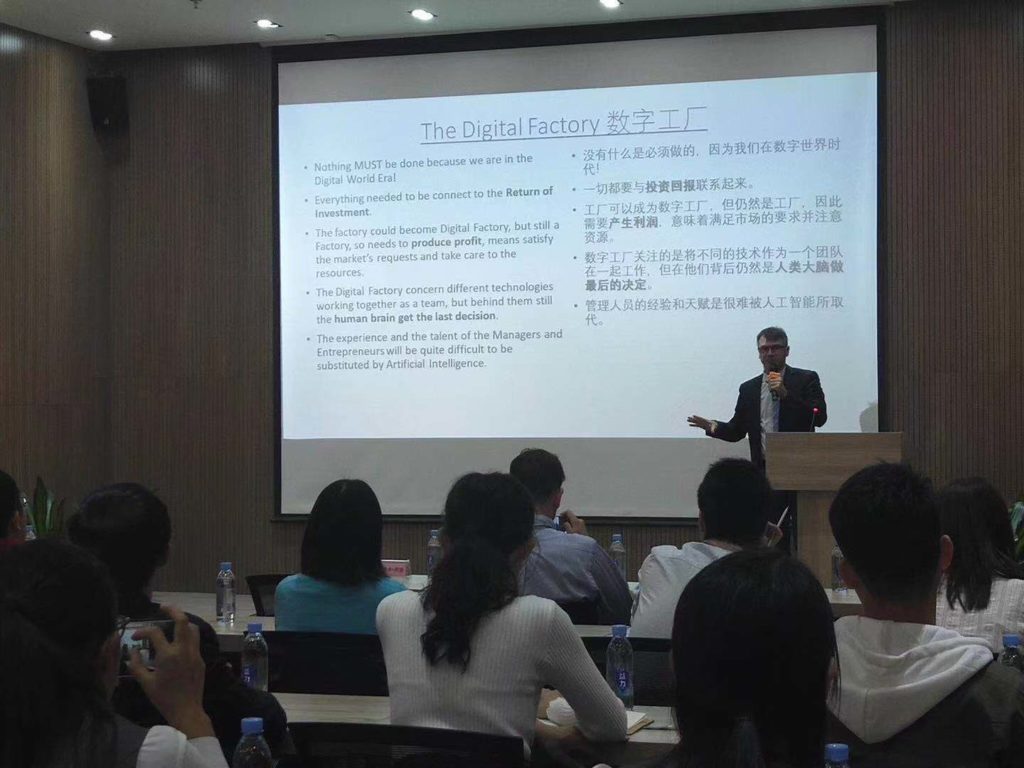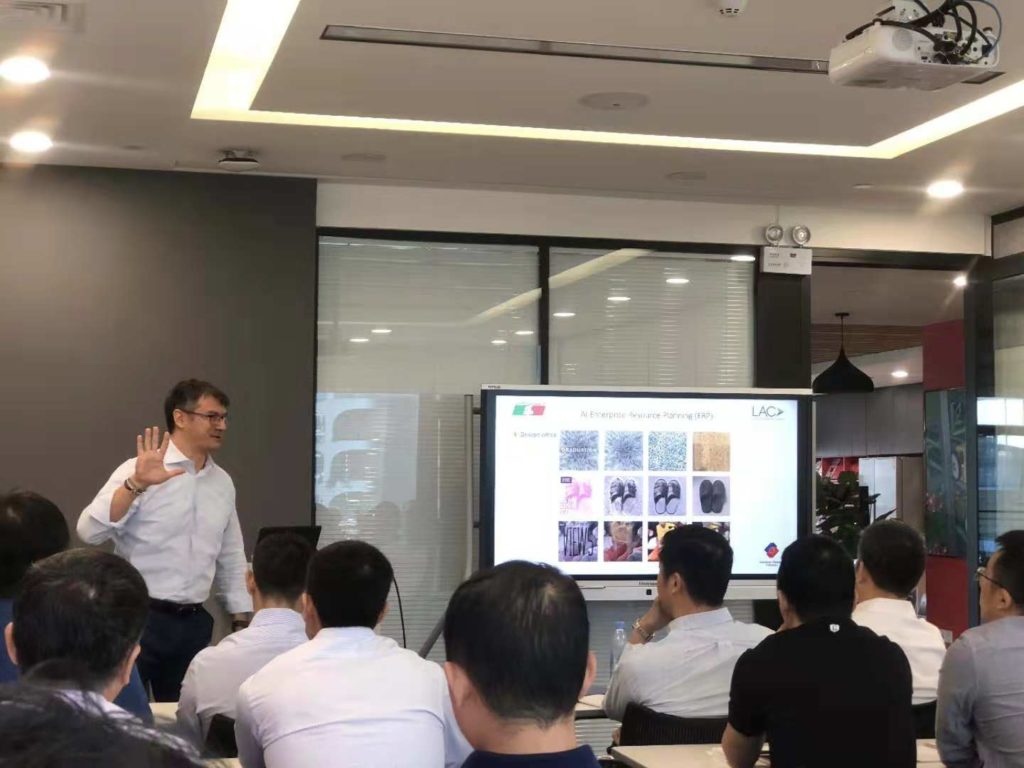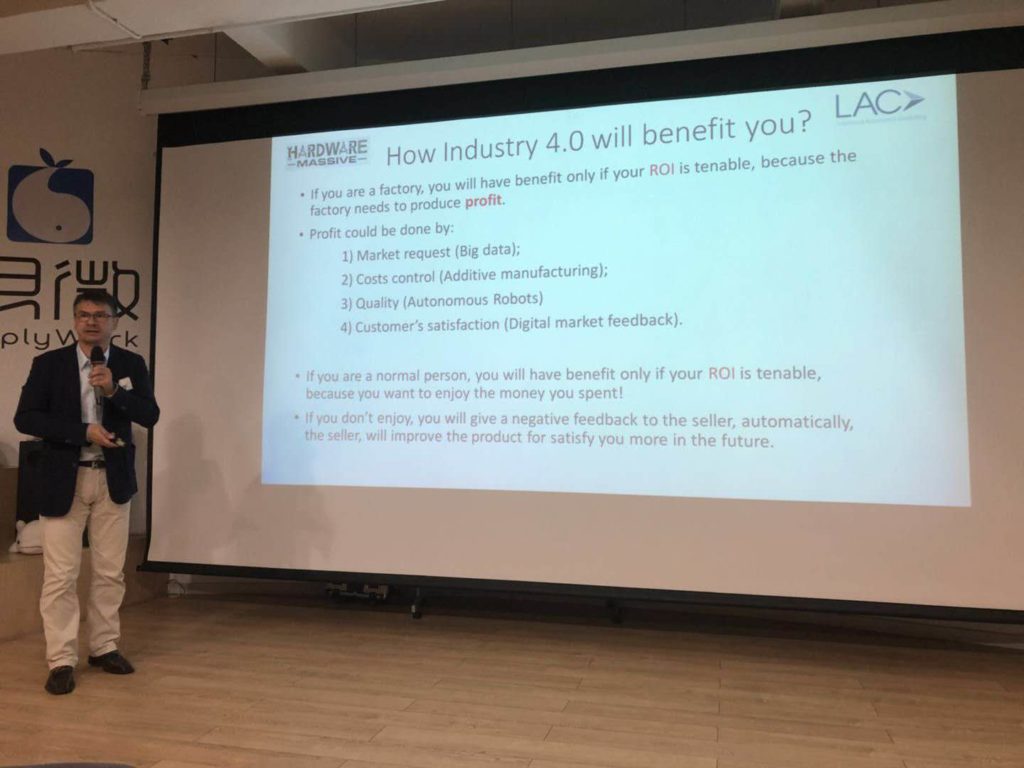Digital Factory
Manufacturing Automation & Digital Transformation will prepare future leaders for the 4th industrial revolution. Engineers are often forced into technical specialties and managers do not develop technological knowledge, meaning the end-to-end systemic view is often lost and opportunities missed. This programme blends together all these elements into a unique learning experience.
Intelligent Machining Courses
Manufacturers are increasingly utilizing machine tools that are self-aware – they perceive their own states and the state of the surrounding environment – and are able to make decisions related to machine activity processes. This is called intelligent machining, and through this course students will receive a primer on its background, tools and related terminology. Learn how the integration of smart sensors and controls are helping to improve productivity. You’ll be exposed to various sensors and sensing techniques, process control strategies, and open architecture systems that can be leveraged to enable intelligent machining. This course will prepare you to contribute to the implementation of intelligent machining projects.
Machines Standardization and intercommunication
This is a very effective technique to reduce the number of different parts (part types) by standardizing on certain preferred parts. This usually applies to purchased parts but it could also apply to manufactured parts. The methodology is based on a zero-based principle that asks the simple question: “What is the minimum list of part types we need to design new products?” Answering this question can be made easier by assuming that the company (or a new competitor) has just entered this product line and is deciding which parts will be needed for a whole new product line. One of the advantages of new competitors the ability to “start fresh” without the old “baggage:” too many parts. Just image a competitor simultaneously designed the entire product line around common parts. Now image doing the same thing internally. This is called the zero based approach.
Plant project analysis and how to project
Is a professional course that basically focuses on the practical aspects of management and only dedicates the minimum time necessary to deal with the theoretical aspects. This is the big difference between this type of course and the typical university education format. This program covers aspects such as maintenance, logistics, human resources, industrial strategies and the latest trends so that participants, far from just listening, actively participate by working in teams and study real-life cases that may have even come up students’ own companies.
Simulation software and technology courses
- Basic Plant Simulation Interface
- Object Oriented Modeling Strategies
- Basics of Material Flow Objects
- Hierarchy, Icons, and Inheritance
- Modeling Buffers, Assembly Lines and Failures
- Resource objects (i.e. workers and shift calendars)
- Basic conveying systems (length-oriented objects)
- Other Objects (i.e. Information objects, User Interface object, mobile units)
- Sankey, bottleneck analyzer, and experiment manager basics
- Customizing Object Logic (Method creation)
- Methods for Data collection and evaluation
- Methods for Interfaces (Excel, DDE, basics of other interfaces)
- Data Acquisition
